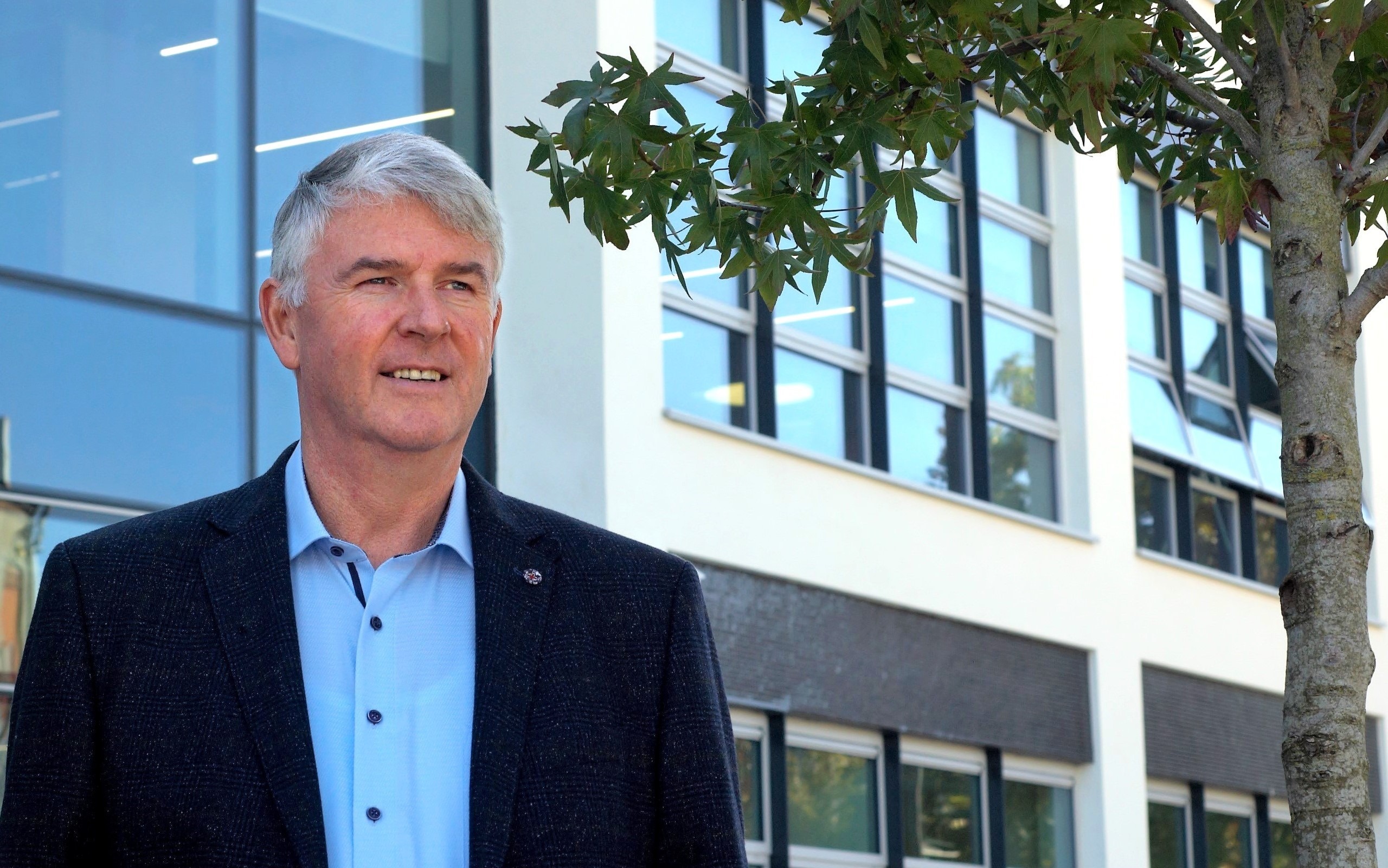For the first time in decades, there is no Glanbia tent at this week’s National Ploughing Championships. The farmers’ co-op that spawned the global listed nutrition group has changed its name to Tirlán and regained control of all domestic activities, from historic milk and grain processing to its latest venture, the home delivery service MyMilkman.ie. The €300 million deal that allowed the co-op to acquire the 40 per cent share of the Irish agribusiness from Glanbia closed in April, as reported at the time. It valued Tirlán at around €750 million. The business grew revenue by 18 per cent to…
Cancel at any time. Are you already a member? Log in here.
Want to read the full story?
Unlock this article – and everything else on The Currency – with an annual membership and receive a free Samsonite Upscape suitcase, retailing at €235, delivered to your door.

